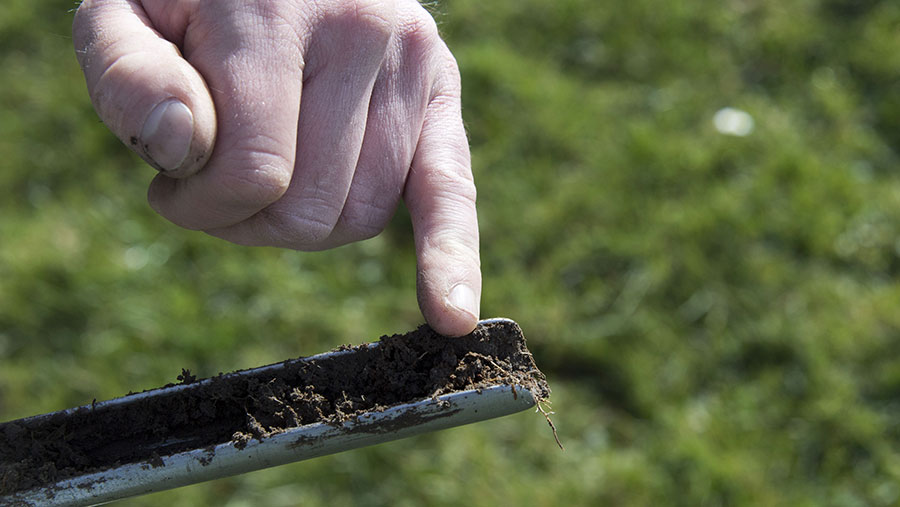New soil management and fertiliser rules take effect
 © FLPA/REX/Shutterstock
© FLPA/REX/Shutterstock Farmers in England are reminded that rules were introduced on 2 April to tackle the problem of diffuse pollution and improve water quality.
There are eight new “farming rules for water” to comply with – although farmers in a nitrate vulnerable zone or claiming under the Basic Payment Scheme will find they meet many of them already.
Five of the rules are about managing the use of fertilisers and manures and three are about managing soils.
See also: New water rules for farmers in England explained
According to the Farming Advice Service, the rules require farmers to keep soil on the land, match nutrients to crop and soil needs, and keep livestock fertilisers and manures out of water.
Fertilisers
The fertiliser rules require farmers to test their cultivated soils, at least every five years, for
phosphorus, potassium, magnesium, pH and nitrogen levels.
Soil nitrogen levels can be determined by assessing the soil nitrogen supply instead of testing the soil.
Farmers must then plan and apply their fertiliser or manure to improve soil nutrient levels and meet crop needs.
The rules outline details of minimum storage and spreading distances from any waterbodies.
Soil management
On the soil side, farmers must take reasonable precautions to avoid run-off or erosion, for example, any land within five metres of fresh or coastal waters should be protected from erosion by preventing livestock poaching.
The Farming Rules for Water (PDF) are available on the GOV.UK website.
